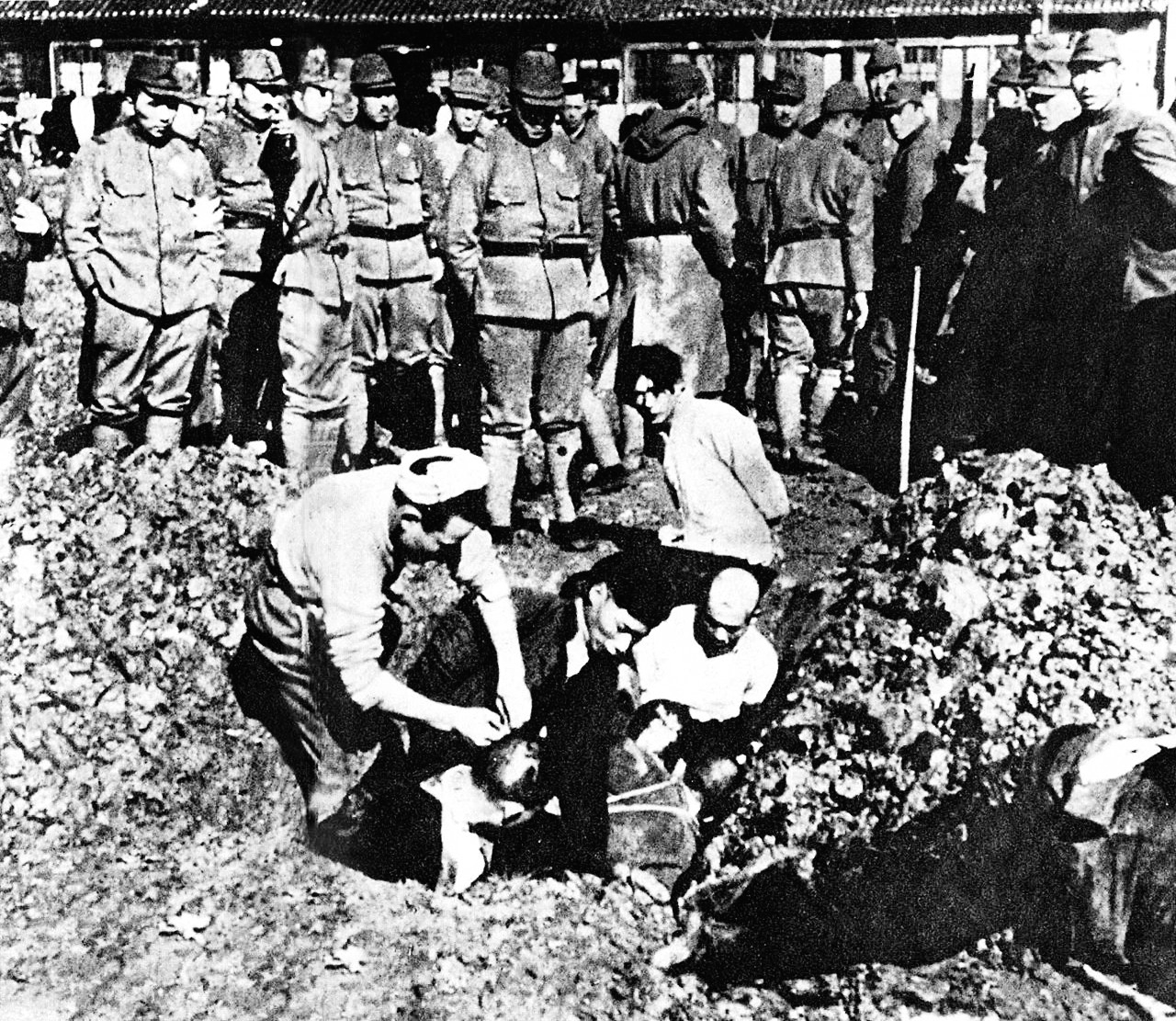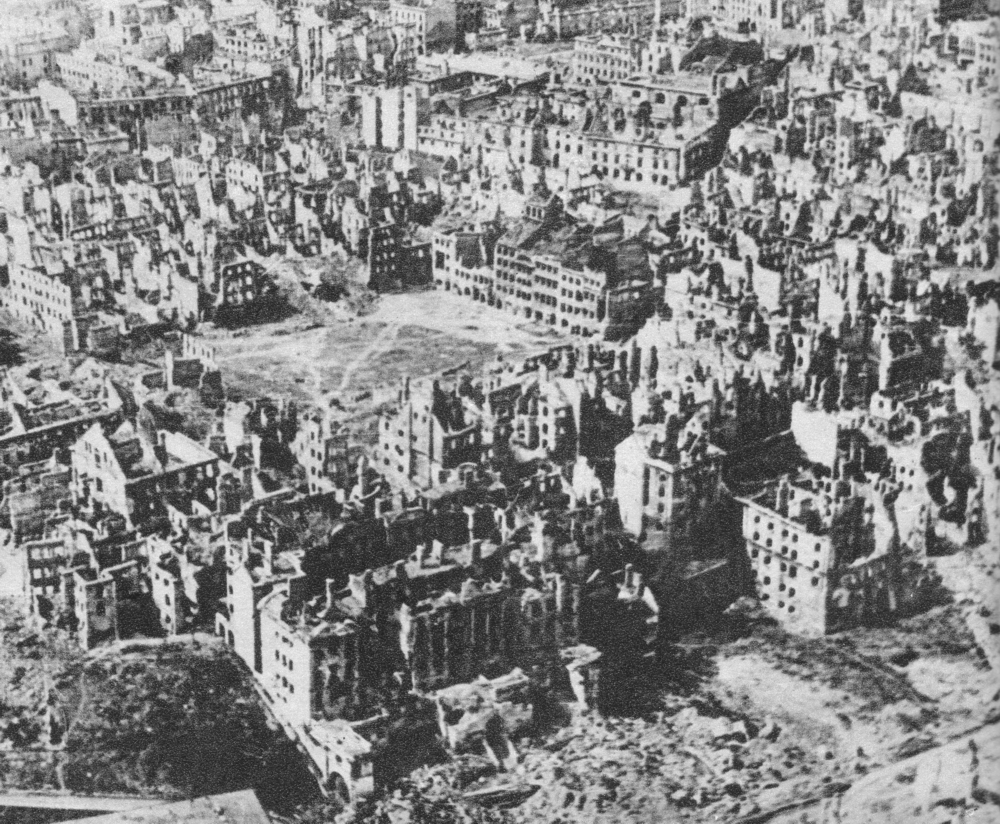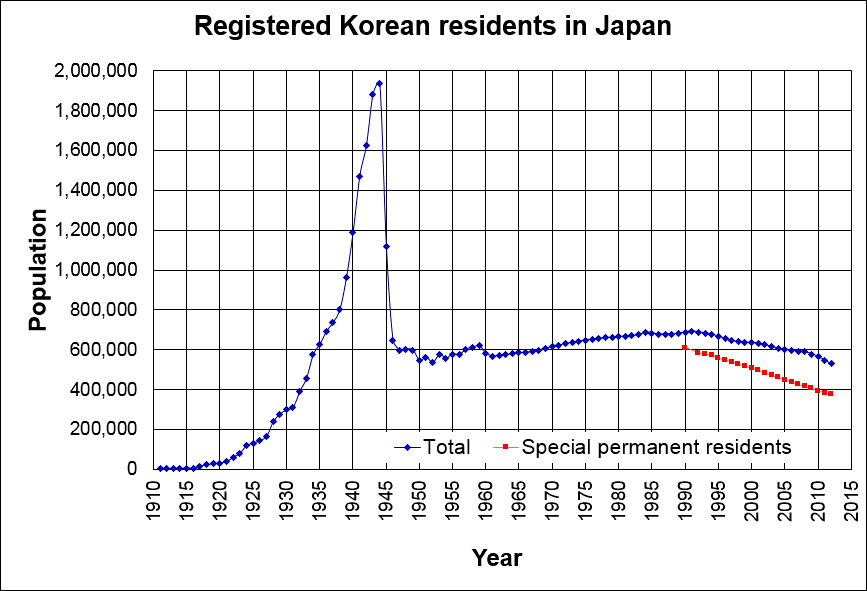|
Association Of Returnees From China
The , was an organization formed on 24 September 1957 following the repatriation to Japan of soldiers from the former Imperial Japanese Army who were interned as war criminals in China's Fushun War Criminals Management Centre, where interns were subjected to intensive indoctrination by the Chinese Communist Party. While the Chinese government chose to prosecute the top Japanese leadership, it repatriated accused lower-ranking soldiers to Japan. Once in Japan, they gave testimony about their experience with crimes such as Unit 731, comfort women, and the Nanking Massacre, but often received stringent opposition from Japanese nationalists and militarists, who proclaimed them to be communists or "brainwashed" by the Chinese communist government. Its members included Yoshio Shinozuka, Yasuji Kaneko, , Shigeru Fujita and Ken Yuasa; the association was disbanded in 2002. Origins 1109 individuals were interned by the People's Republic of China, 969 in the Fushun War Criminals Management C ... [...More Info...] [...Related Items...] OR: [Wikipedia] [Google] [Baidu] |
Imperial Japanese Army
The was the official ground-based armed force of the Empire of Japan from 1868 to 1945. It was controlled by the Imperial Japanese Army General Staff Office and the Ministry of the Army, both of which were nominally subordinate to the Emperor of Japan as supreme commander of the army and the Imperial Japanese Navy. Later an Inspectorate General of Aviation became the third agency with oversight of the army. During wartime or national emergencies, the nominal command functions of the emperor would be centralized in an Imperial General Headquarters (IGHQ), an ad hoc body consisting of the chief and vice chief of the Army General Staff, the Minister of the Army, the chief and vice chief of the Naval General Staff, the Inspector General of Aviation, and the Inspector General of Military Training. History Origins (1868–1871) In the mid-19th century, Japan had no unified national army and the country was made up of feudal domains (''han'') with the Tokugawa shogunate (''bakufu ... [...More Info...] [...Related Items...] OR: [Wikipedia] [Google] [Baidu] |
Standing Committee Of The National People's Congress
The Standing Committee of the National People's Congress of the People's Republic of China (NPCSC) is the permanent body of the National People's Congress (NPC) of the People's Republic of China (PRC), which is the highest organ of state power and the legislature of China. Although the parent NPC has superiority over the Standing Committee, and certain authorities are not delegated, the Standing Committee is generally viewed to have more power, albeit inferior to its parent, as the NPC convenes only once a year for two weeks, leaving its Standing Committee the only body that regularly drafts and approves decisions and laws. History In 1954, the 1st National People's Congress was held in Beijing, which became the statutory parliament of the People's Republic of China. The Standing Committee was established as its permanent body. The 1954 Constitution of the People's Republic of China stipulates that "the National People's Congress is the sole organ that exercises the legi ... [...More Info...] [...Related Items...] OR: [Wikipedia] [Google] [Baidu] |
Organizations Established In 1957
An organization or organisation (Commonwealth English; see spelling differences), is an entity—such as a company, an institution, or an association—comprising one or more people and having a particular purpose. The word is derived from the Greek word ''organon'', which means tool or instrument, musical instrument, and organ. Types There are a variety of legal types of organizations, including corporations, governments, non-governmental organizations, political organizations, international organizations, armed forces, charities, not-for-profit corporations, partnerships, cooperatives, and educational institutions, etc. A hybrid organization is a body that operates in both the public sector and the private sector simultaneously, fulfilling public duties and developing commercial market activities. A voluntary association is an organization consisting of volunteers. Such organizations may be able to operate without legal formalities, depending on jurisdiction, includin ... [...More Info...] [...Related Items...] OR: [Wikipedia] [Google] [Baidu] |
Japanese War Crimes
The Empire of Japan committed war crimes in many Asian-Pacific countries during the period of Japanese militarism, Japanese imperialism, primarily during the Second Sino-Japanese War, Second Sino-Japanese and Pacific Wars. These incidents have been described as an "Asian Holocaust". Some war crimes were committed by Japanese military personnel during the late 19th century, but most were committed during the first part of the Shōwa (1926–1989), Shōwa era, the name given to the reign of Emperor of Japan, Emperor Hirohito. Under Emperor Hirohito, the Imperial Japanese Army (IJA) and the Imperial Japanese Navy (IJN) perpetrated numerous war crimes which resulted in the deaths of millions of people. Estimates of the number of deaths range from three to 30 million through Nanjing Massacre, massacres, Unit 731, human experimentation, Vietnamese famine of 1945, starvation, and Slavery in Japan#World War II, forced labor directly perpetrated or condoned by the Japanese military and go ... [...More Info...] [...Related Items...] OR: [Wikipedia] [Google] [Baidu] |
Aftermath Of World War II
The aftermath of World War II was the beginning of a new era started in late 1945 (when World War II ended) for all countries involved, defined by the decline of all colonial empires and simultaneous rise of two superpowers; the Soviet Union (USSR) and the United States (US). Once Allies during World War II, the US and the USSR became competitors on the world stage and engaged in the Cold War, so called because it never resulted in overt, declared total war between the two powers but was instead characterized by espionage, political subversion and proxy wars. Western Europe and Asia were rebuilt through the American Marshall Plan, whereas Central and Eastern Europe fell under the Soviet sphere of influence and eventually behind an "Iron Curtain". Europe was divided into a US-led Western Bloc and a USSR-led Eastern Bloc. Internationally, alliances with the two blocs gradually shifted, with some nations trying to stay out of the Cold War through the Non-Aligned Movement. The war als ... [...More Info...] [...Related Items...] OR: [Wikipedia] [Google] [Baidu] |
China–Japan Relations
China–Japan relations or Sino–Japanese relations (; ja, 日中関係, translit=Nicchū kankei) are the bilateral relations between China and Japan. The countries are geographically separated by the East China Sea. Japan has been strongly influenced throughout its history by China, especially by the East and Southeast through the gradual process of Sinicization with its language, architecture, culture, cuisine, religion, philosophy, and law. When Japan was forced to open trade relations with the West after the Perry Expedition in the mid-19th century, Japan plunged itself through an active process of Westernization during the Meiji Restoration in 1868 and began viewing China under the Qing Dynasty as an antiquated civilization unable to defend itself against foreign forces—in part due to the First and Second Opium Wars along with the Eight-Nation Alliance's involvement in suppressing the Boxer Rebellion. Japan eventually took advantage of such weaknesses by invading Chi ... [...More Info...] [...Related Items...] OR: [Wikipedia] [Google] [Baidu] |
Anti-war Movement
An anti-war movement (also ''antiwar'') is a social movement, usually in opposition to a particular nation's decision to start or carry on an armed conflict, unconditional of a maybe-existing just cause. The term anti-war can also refer to pacifism, which is the opposition to all use of military force during conflicts, or to anti-war books, paintings, and other works of art. Some activists distinguish between anti-war movements and peace movements. Anti-war activists work through protest and other grassroots means to attempt to pressure a government (or governments) to put an end to a particular war or conflict or to prevent it in advance. History American Revolutionary War Substantial opposition to British war intervention in America led the British House of Commons on 27 February 1783 to vote against further war in America, paving the way for the Second Rockingham ministry and the Peace of Paris. Antebellum United States Substantial antiwar sentiment developed in th ... [...More Info...] [...Related Items...] OR: [Wikipedia] [Google] [Baidu] |
Akira Fujiwara
was a Japanese historian. His academic speciality was modern Japanese history and he was a professor emeritus at Hitotsubashi University. In 1980 he became a member of the Science Council of Japan and was a former chairman of the Historical Science Society of Japan. Life He was born in Tokyo and after graduating from Rokuchu Tokyo Prefectural School, now Shinjuku Tokyo Metropolitan High School, in March 1940, he was part of the 55th graduating class at the Imperial Japanese Army Academy in July 1941 and the following December was deployed to North China as a trainee officer with the rank of Second Lieutenant attached to the 27th Division’s 3rd China Garrison Infantry Regiment. In March 1943 he was promoted to First Lieutenant and in April was put in charge of a company. In 1944 his division moved to a new front and participated in Operation Ichi-Go, after which he was promoted to captain. In March 1945 in the final stages of World War II he was ordered to transfer to mainla ... [...More Info...] [...Related Items...] OR: [Wikipedia] [Google] [Baidu] |
Women's International War Crimes Tribunal On Japan's Military Sexual Slavery
The Women's International War Crimes Tribunal on Japan's Military Sexual Slavery was a tribunal organised by Violence Against Women in War-Network Japan (VAWW-NET Japan). Its purpose was to gather testimony from victims, and then to try groups and individuals for rape or sexual slavery, i.e., forcing women to sexually service Japanese soldiers. The group met on December 8, 2000, and was adjourned on December 12, 2000. On December 4, 2001, the group's final statement was issued in The Hague. More than 1000 paragraphs and 200 pages long, the judgment discussed the factual findings of the Tribunal, and law applicable to the case. Not all of the accused were convicted, but the late Emperor Showa was, because, as the leader of the country, he was ultimately responsible for the sex-slave policy. The two last paragraphs of the final judgement read as follows: The Crimes committed against these survivors remain one of the greatest unacknowledged and unremedied injustices of the Seco ... [...More Info...] [...Related Items...] OR: [Wikipedia] [Google] [Baidu] |
Communism
Communism (from Latin la, communis, lit=common, universal, label=none) is a far-left sociopolitical, philosophical, and economic ideology and current within the socialist movement whose goal is the establishment of a communist society, a socioeconomic order centered around common ownership of the means of production, distribution, and exchange which allocates products to everyone in the society.: "One widespread distinction was that socialism socialised production only while communism socialised production and consumption." Communist society also involves the absence of private property, social classes, money, and the state. Communists often seek a voluntary state of self-governance, but disagree on the means to this end. This reflects a distinction between a more libertarian approach of communization, revolutionary spontaneity, and workers' self-management, and a more vanguardist or communist party-driven approach through the development of a constitutional socialist st ... [...More Info...] [...Related Items...] OR: [Wikipedia] [Google] [Baidu] |
Koreans In Japan
comprise ethnic Koreans who have permanent residency status in Japan or who have become Japanese citizens, and whose immigration to Japan originated before 1945, or who are descendants of those immigrants. They are a group distinct from South Korean nationals who have emigrated to Japan after the end of World War II and the division of Korea. They currently constitute the second largest ethnic minority group in Japan after Chinese immigrants, due to many Koreans assimilating into the general Japanese population. The majority of Koreans in Japan are , often known simply as , who are ethnic Korean permanent residents of Japan. The term Zainichi Korean refers only to long-term Korean residents of Japan who trace their roots to Korea under Japanese rule, distinguishing them from the later wave of Korean migrants who came mostly in the 1980s, and from pre-modern immigrants dating back to antiquity who may themselves be the ancestors of the Japanese people. The Japanese word "Zainic ... [...More Info...] [...Related Items...] OR: [Wikipedia] [Google] [Baidu] |
Shanxi
Shanxi (; ; formerly romanised as Shansi) is a landlocked province of the People's Republic of China and is part of the North China region. The capital and largest city of the province is Taiyuan, while its next most populated prefecture-level cities are Changzhi and Datong. Its one-character abbreviation is "" (), after the state of Jin that existed there during the Spring and Autumn period. The name ''Shanxi'' means "West of the Mountains", a reference to the province's location west of the Taihang Mountains. Shanxi borders Hebei to the east, Henan to the south, Shaanxi to the west and Inner Mongolia to the north. Shanxi's terrain is characterised by a plateau bounded partly by mountain ranges. Shanxi's culture is largely dominated by the ethnic Han majority, who make up over 99% of its population. Jin Chinese is considered by some linguists to be a distinct language from Mandarin and its geographical range covers most of Shanxi. Both Jin and Mandarin are spoken in Shanx ... [...More Info...] [...Related Items...] OR: [Wikipedia] [Google] [Baidu] |


.jpg)


